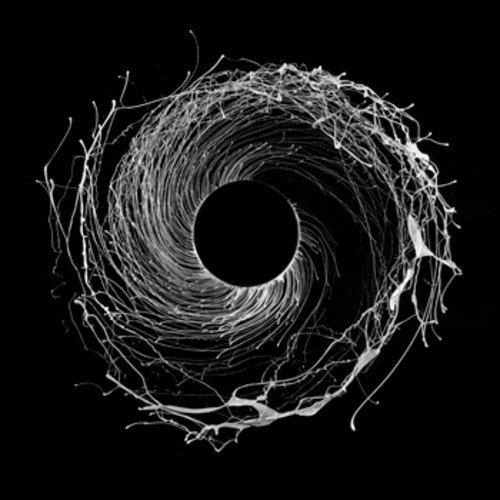MILES DAVIS - Miles At The Fillmore - Miles Davis 1970: The Bootleg Series Vol. 3
 Friday, March 28, 2014 at 04:45PM
Friday, March 28, 2014 at 04:45PM  Yet more archival riches arrive via Sony Legacy's Bootleg Series, this time focusing on the complete recordings (four CDs worth!) of Miles' four-night June 1970 residency at New York's Fillmore East (as previously excerpted from/edited together by Teo Macero on Miles Davis At Fillmore), along with bonus tracks recorded in April of that same year at San Francisco's Fillmore West, totalling 135 minutes of music up to now unreleased.
Yet more archival riches arrive via Sony Legacy's Bootleg Series, this time focusing on the complete recordings (four CDs worth!) of Miles' four-night June 1970 residency at New York's Fillmore East (as previously excerpted from/edited together by Teo Macero on Miles Davis At Fillmore), along with bonus tracks recorded in April of that same year at San Francisco's Fillmore West, totalling 135 minutes of music up to now unreleased.
"By the time Bitches Brew was released in April, 1970—and despite receiving a 5-star review in Downbeat—trumpeter Miles Davis was already under fire from mainstream jazz critics as having 'sold out,' despite the densely constructed, improvisationally unfettered music being as unapproachable to an audience looking for accessible music as anything he'd done with his increasingly liberated second great quintet of the 1960s. Sure, there were rock rhythms and, perhaps more disturbingly to the delicate ears of its detractors, rock energy and volume, but if anyone was thinking 'sellout,' it certainly wasn't Columbia Records, who had no idea what to do with side-long improvisational excursions, pasted together in collage-like fashion by Davis' longtime producer, Teo Macero.
But thankfully, the late '60s and early -to-mid-'70s was a time when the emergence of FM radio stations and open-minded music fans made the kind of music Davis and others in his circle made not just accepted, but massively successful...By the time Bitches Brew was released, Shorter was gone, replaced by Steve Grossman; Keith Jarrett was added to the keyboard mix, playing organ and the occasional tambourine; and percussionist/vocalist/flautist Airto Moreira was recruited to turn Davis' touring quintet into the septet heard on all but three tracks of Miles At The Fillmore, another archival release that demonstrates how the trumpeter may well have been absorbing the music of Jimi Hendrix, Sly & The Family Stone and James Brown, but what was coming from his pen and horn was something else entirely." - All About Jazz
 Experimental,
Experimental,  Jazz,
Jazz,  Reissue,
Reissue,  Soul/Funk
Soul/Funk 





















